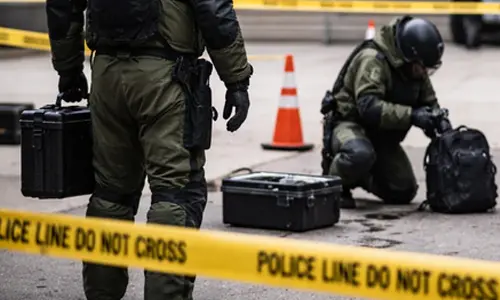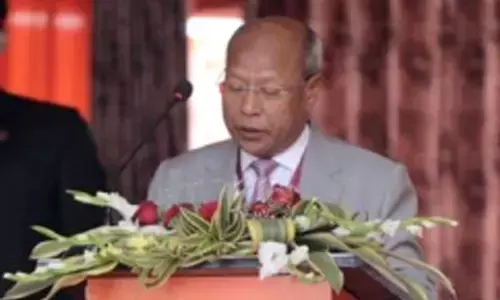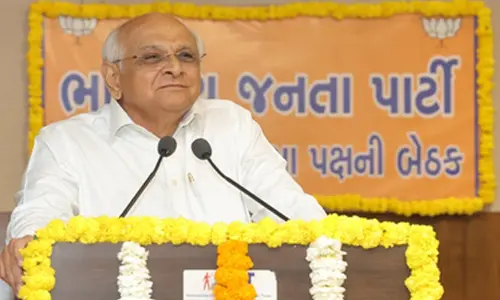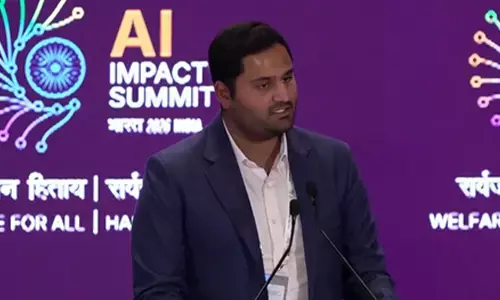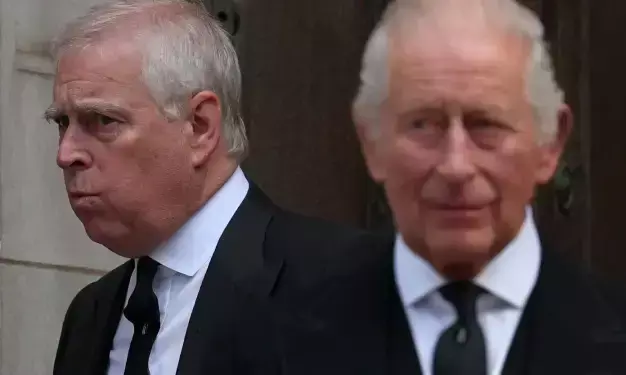Nations, businesses agree to reduce pollutants by 2030
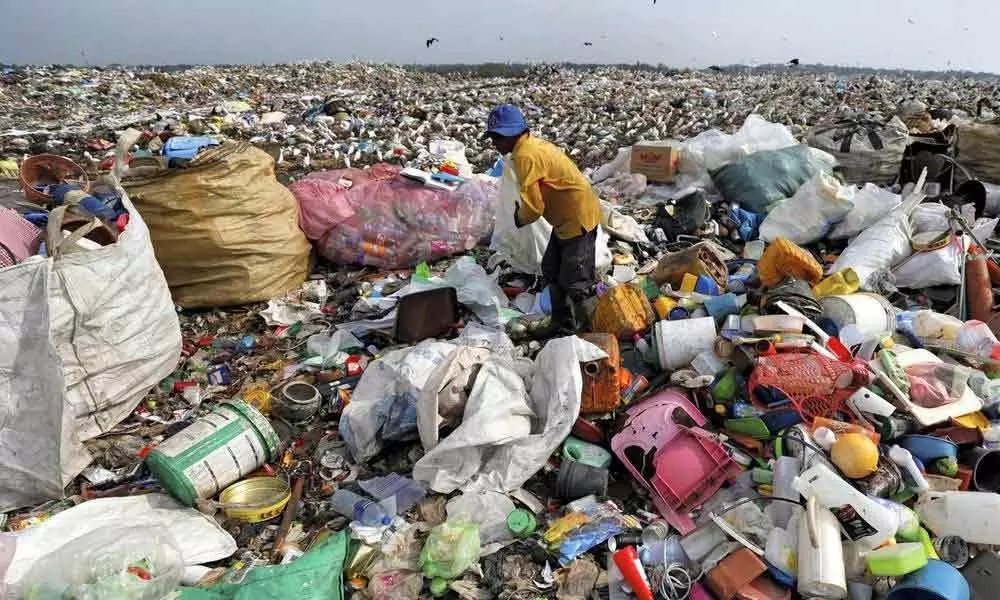
A meeting of ministers and high-level representatives of the Climate and Clean Air Coalition (CCAC) agreed to accelerate efforts to significantly reduce short-lived climate pollutants by the end of the next decade.
New York: A meeting of ministers and high-level representatives of the Climate and Clean Air Coalition (CCAC) agreed to accelerate efforts to significantly reduce short-lived climate pollutants by the end of the next decade.
This will put the world on a "pathway that rapidly reduces warming in the near term and maximizes development, health, environmental, and food security benefits.
These efforts, they noted, must be complementary to aggressive carbon dioxide mitigation and a transition to a zero-carbon economy by mid-century.
Meeting on Sunday a day before the United Nations Secretary-General's Climate Action Summit, the Coalition's High-Level Assembly put forward a 2030 Vision Statement that aims to ensure the earth's atmosphere continues to enable people and the planet to thrive by limiting warming to 1.5 degrees Celsius and drastically reducing air pollution.
In a message to the Assembly, Finnish President Sauli Niinisto reiterated the urgency required: "Climate change impacts the Arctic faster than any other region in the world. Reducing black carbon emissions is the most immediate way to limit further damage."
"As a partner of the Climate and Clean Air Coalition, Finland is committed to this work on a global scale. Because this is not just a regional emergency. If we lose the Arctic, we lose the globe."
Short-lived climate pollutants like methane, black carbon and hydrofluorocarbons (HFCs) -- also known as super pollutants -- are many times more powerful than carbon dioxide at warming the planet but because they are short-lived in the atmosphere, preventing emissions can rapidly reduce the rate of warming.
Many are also dangerous air pollutants and reductions will benefit human health and ecosystems.
Miguel Arias Canete, the European Commissioner for Climate Action and Energy, reminded delegates that mitigation efforts must be urgently stepped up across the entire global energy sector, and called on countries to work with the Coalition to reduce methane emissions from oil and gas production.
The Coalition's goal is to reduce short-lived climate pollutants beyond the recommendations made by the Intergovernmental Panel on Climate Change (IPCC) in its special report Global Warming of 1.5 degrees C.
Increasing action on short-lived climate pollutants can avoid an estimated 2.4 million premature deaths from outdoor air pollution annually by 2030, prevent as much as 52 million tonne of crop losses per year, and slow the increase in global warming by as much as 0.6 degree Celsius by 2050.
It can also prevent the climate tipping points that can exacerbate long-term climate impacts and make adapting to climate change harder, especially for the poor and most vulnerable.
Inger Andersen, Executive Director of the United Nations Environment Programme (UNEP), which hosts the CCAC's Secretariat, said the Coalition was tackling two of the world's most serious threats -- air pollution and the climate crisis -- at the same time.
"We need to urgently tackle climate change and keep temperatures from exceeding dangerous thresholds. Reducing short-lived climate pollutants is an essential ingredient of our strategy," she said.
"Polluted air is killing millions of people around the globe prematurely and severely impacting their quality of life. The CCAC is addressing these two issues together. Action on either front contributes to the goals of the other."
The CCAC is a voluntary partnership of governments, intergovernmental organizations, businesses, scientific institutions and civil society organizations committed to improving air quality and protecting the climate through actions to reduce short-lived climate pollutants.


